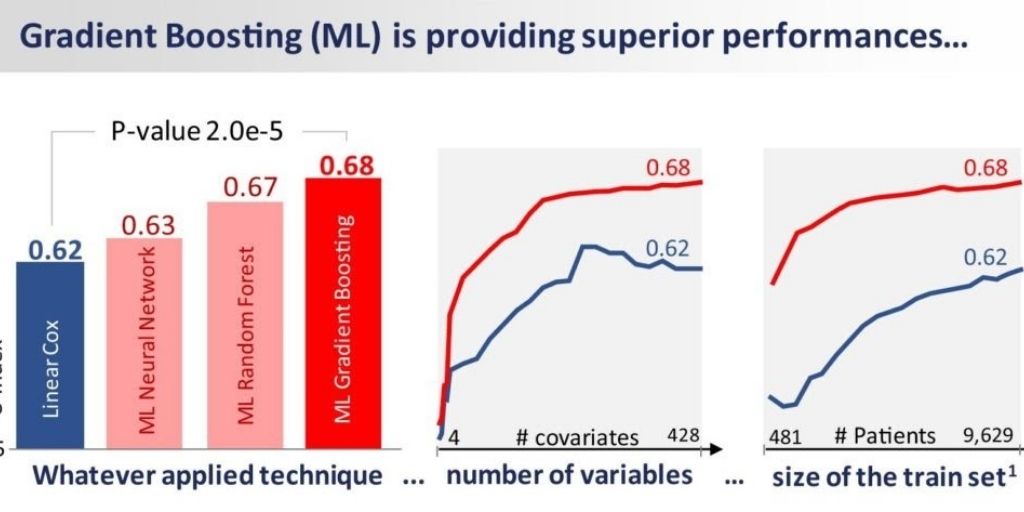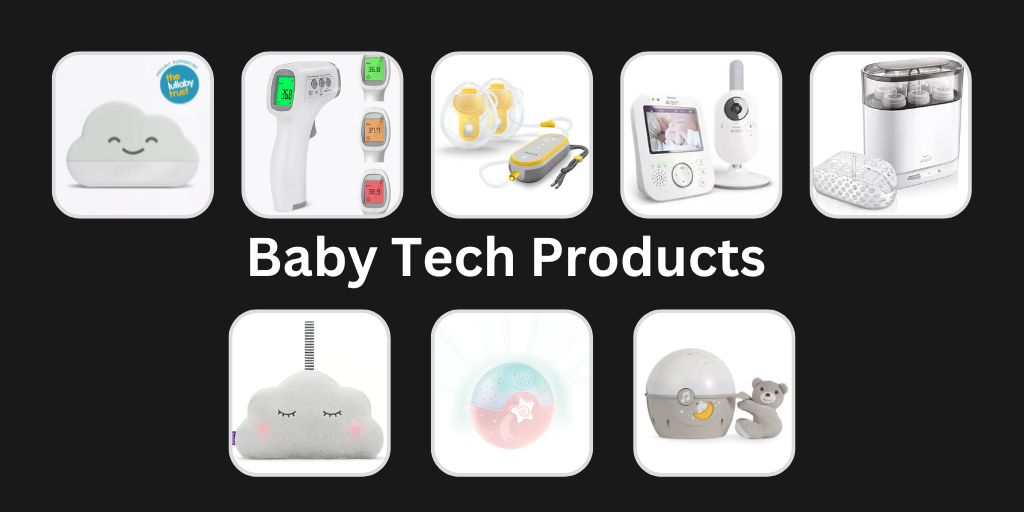 AI startup Owkin and Amgen have announced the results of a three-year project to use artificial intelligence to more accurately predict cardiovascular risk. This study demonstrates the ability of AI to improve the way that clinicians predict patients’ risk of suffering major cardiovascular events, such as strokes and myocardial infarctions.
AI startup Owkin and Amgen have announced the results of a three-year project to use artificial intelligence to more accurately predict cardiovascular risk. This study demonstrates the ability of AI to improve the way that clinicians predict patients’ risk of suffering major cardiovascular events, such as strokes and myocardial infarctions.
Using data from 13,756 patients who were part of FOURIER, a large Amgen clinical trial, Owkin trained a machine-learning algorithm to predict those at higher risk of cardiovascular events. Published in the upcoming December issue of the European Heart Journal – Digital Health, the results show that machine learning is more efficient and effective than the statistical models routinely used by clinicians.
Cardiovascular disease is the leading cause of death in Europe, responsible for 45% of all deaths. It represents a considerable economic burden, costing an estimated €210 billion in the European Union alone. By better predicting which patients will suffer major cardiovascular events, we can now drastically improve both patient outcomes and efficiency.
By improving the ability to predict cardiovascular events, clinicians are better able to prevent them. Identifying at-risk patients sooner will allow them to benefit from better care, adapted to their individual risk profile. Thus, identified patients will benefit from better follow-up and therapeutic management adapted to their risk level. With electronic medical records being more complete and prevalent than ever before, the use of machine learning to better predict cardiovascular risk could have wide application.
For five years, Owkin and Amgen have been collaborating on projects across cardiology, hematology and oncology to develop clinical applications for artificial intelligence. Last month, Owkin became a ‘unicorn’ – a startup valued at over $1 billion – through a $180 million investment from Sanofi, which was announced alongside $90 million of joint cancer research projects.
Jean-Frédéric Petit-Nivard, SVP Commercial & Product Strategy at Owkin, said:
“We are delighted that our collaboration, which began in 2016, has yielded compelling scientific results that could fundamentally improve patient monitoring and treatment. We look forward to continuing this project with Amgen to translate these scientific findings into clinical applications.”
Adrien Rousset, Head of Augmented Diagnostics at Amgen, said:
“After more than 3 years of collaboration, we are very proud to have our results recognized and published in a prestigious scientific journal for cardiologists worldwide. We hope that this work will contribute to the next generation of tools that will help in saving more lives.”
Dr. Marc S. Sabatine, the Lewis Dexter, MD Distinguished Chair in Cardiovascular Medicine at Brigham and Women’s Hospital and professor of medicine at Harvard Medical School, said:
“This project has allowed us to explore the value of Machine Learning for cardiovascular risk prediction and gain important insights into the use of clinical data.”









